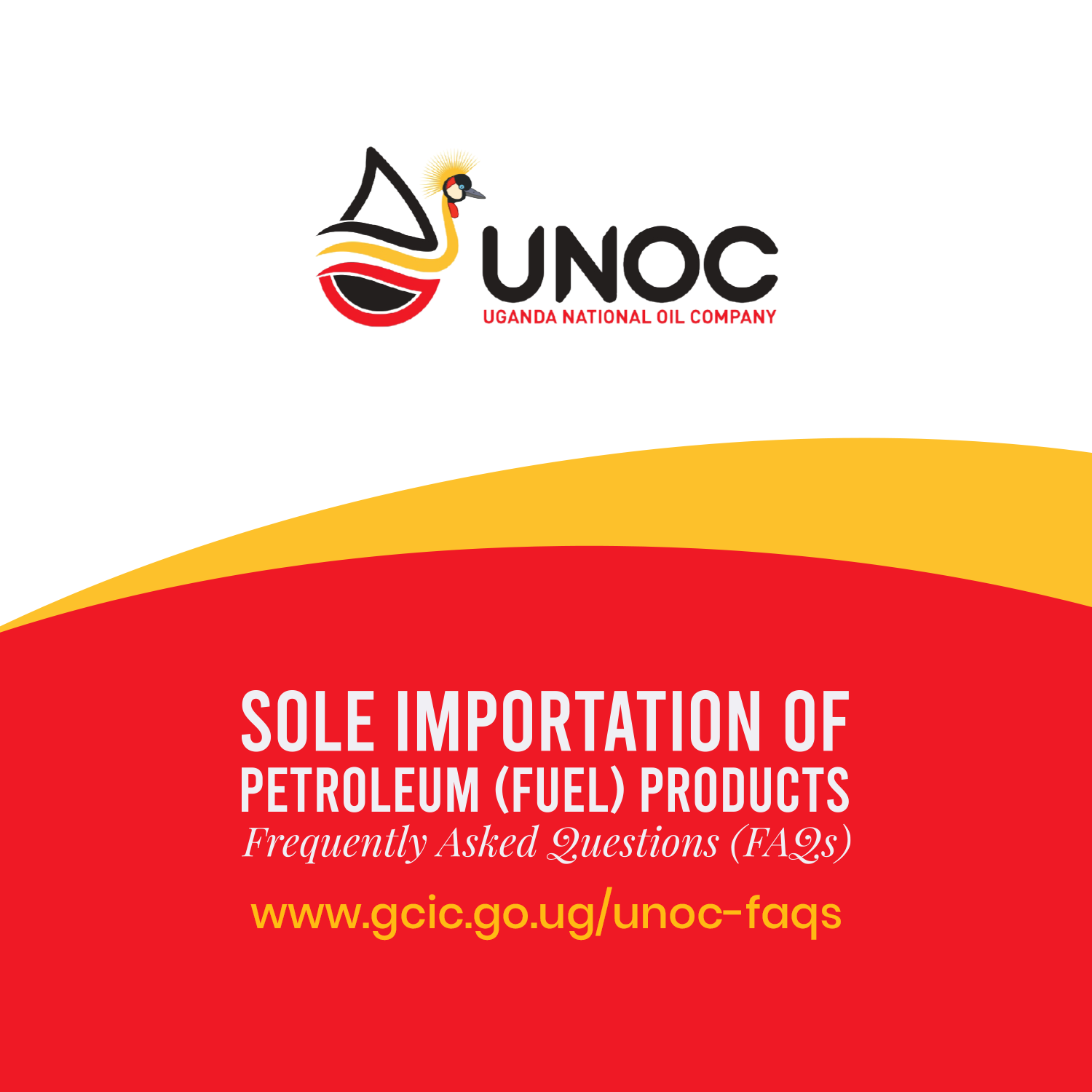Luweero, June 1, 2023: For women leaders from the Wakiso and Mukono districts, the National Women’s Council arranged a particular training workshop on best farming practises. The training took place in the Kawumu Presidential Demonstration Farm in the Luweero area, where participants learnt about a variety of farming practises, including the raising of pineapples, chickens, bananas, coffee, mushrooms, fish, rabbits, and cattle.
The training’s main goal was to provide female leaders the information and abilities needed to boost agricultural output and raise household incomes. The participants were led through the best practises for each agricultural activity by a team of officials under the direction of Mr. Gandugga Geoffrey, the farm manager. The women enthusiastically engaged in the training sessions and were eager to learn.
During the programme, Princess Nassolo Pauline, a private secretary to the president for women’s affairs, gave a motivational address in which she pushed the attendees to put what they had learned to use in their different fields and act as change agents. Princess Nassolo stressed the significance of women’s leadership in attaining the president’s goal of raising household incomes while recognising the crucial role that women play in the agriculture industry.
Ms. Emily Akullu, the National Women’s Council’s deputy executive director, expressed her appreciation for the recent institutional assistance given to the council structures. She emphasised the usefulness of these money in enabling council members to mobilise local residents for government development initiatives. Many of the visiting women leaders were already involved in agriculture, but Ms. Akullu observed that they lacked the skills necessary to maximise the profits from their farms. She expressed hope that the skills learned throughout the training will change the game, resulting in more output and more value.
The Women’s Council Chairperson for Mukono, Esther Baroma Nakyazze, gave her observations from the research visit, pointing out that the training had introduced them to cutting-edge methods for optimising productivity from tiny plots of land, which are common in their communities. Mrs Baroma committed to putting the new skills into practise and teaching others in her community as well. The participants brought up the issue of fake seedlings that are sold on the market and pleaded for supply from the Presidential Farm to assure quality and authenticity.
The Wakiso Women’s Council Chairwoman, Sherry Kalyebara, expressed her happiness with the learned skills and noted that the group was prepared to seek for funds under the Parish Development Model. For the benefit of other Ugandans, she intended to establish demonstration farms in each of their localities. The National Women’s Council and the Ministry of Gender, Labour, and Social Development were praised by Ms. Kalyebara for their innovative strategy and dedication to introducing leaders to best farming practises.
A big step towards enabling women to lead in agriculture was the customised training curriculum. These ladies are well-positioned to significantly influence agricultural productivity in Wakiso and Mukono with their newly acquired expertise. They are advancing sustainable development and enhancing the standard of living in their communities by putting best practises into practise and sharing their knowledge.





